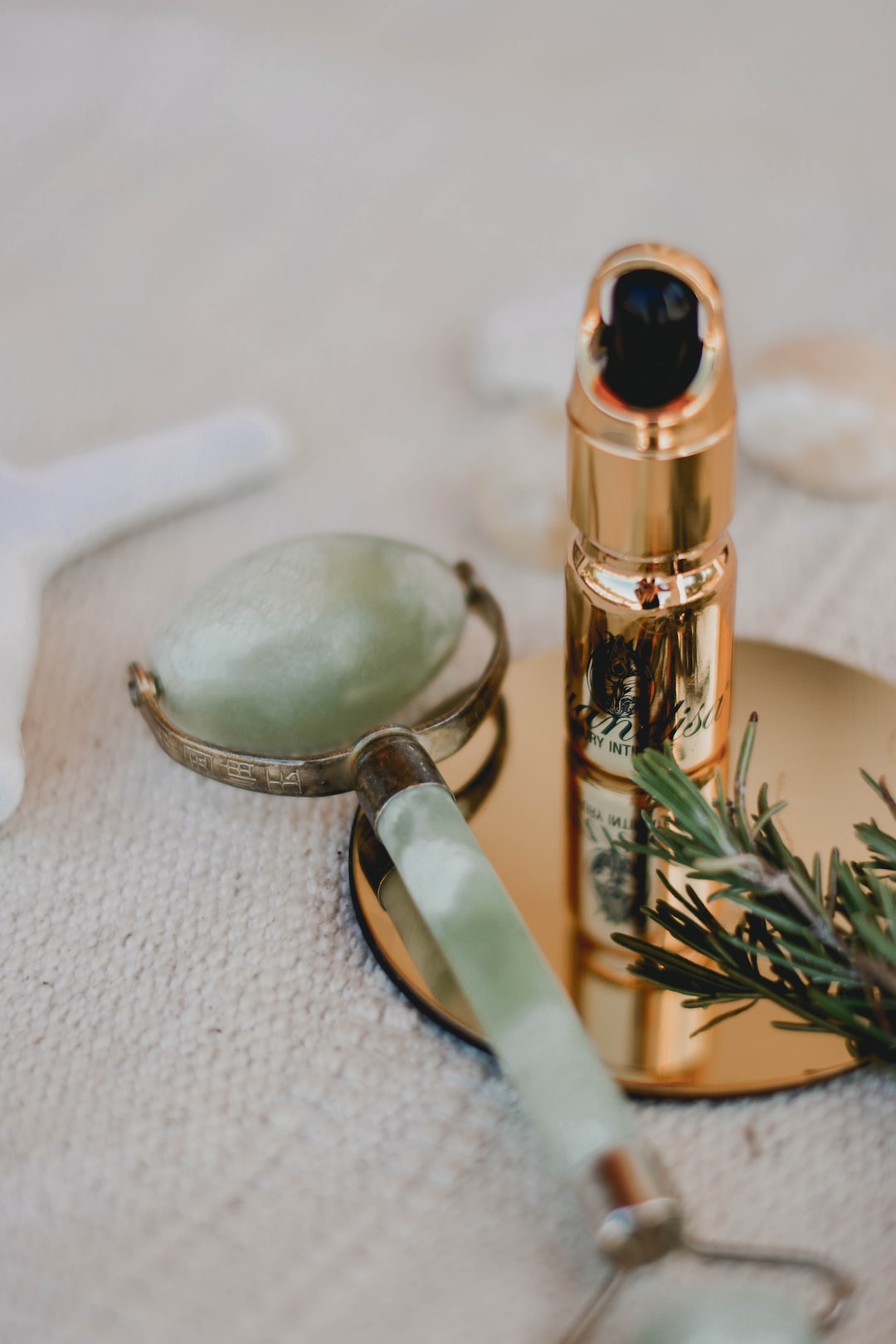The desire to stay young for as long as possible is a universal one, and anti-aging products are a multibillion-dollar industry that promises to help us achieve just that. But what is the science behind these products, and do they really work?
The first step in understanding the science of anti-aging products is to understand what causes aging in the first place. There are several theories about the aging process, but one of the most widely accepted is the free radical theory. Essentially, free radicals are unstable molecules that are produced as a result of normal bodily processes, as well as exposure to environmental factors like pollution and UV radiation. These free radicals can damage the DNA in our cells, which leads to visible signs of aging like wrinkles and age spots.
One way that anti-aging products work is by neutralizing these free radicals. Many products contain antioxidants, which are compounds that can donate electrons to free radicals and stabilize them. This in turn reduces the damage they can cause to our cells. Some common antioxidants found in anti-aging products include vitamins C and E, as well as green tea extract and resveratrol.
Another approach that anti-aging products take is to stimulate the production of collagen and elastin. Collagen is a protein that gives our skin its structure and elasticity, while elastin allows our skin to bounce back after being stretched or compressed. As we age, our bodies produce less collagen and elastin, which is why our skin becomes less firm and more prone to sagging. Some anti-aging products contain peptides, which are small chains of amino acids that can stimulate collagen and elastin production.
In addition to neutralizing free radicals and stimulating collagen and elastin production, some anti-aging products also aim to exfoliate the skin. Exfoliation involves removing dead skin cells from the surface of the skin, which can make it look smoother and more youthful. Many anti-aging products contain alpha-hydroxy acids (AHAs) or beta-hydroxy acids (BHAs), which are gentle chemical exfoliants that can help boost cell turnover.
Of course, not all anti-aging products are created equal, and there are many that make dubious claims or simply don’t work. It’s important to do your research and choose products that have been clinically tested and have solid scientific evidence behind them. Additionally, some products may work better for certain skin types or concerns, so it’s a good idea to talk to a dermatologist or esthetician to get personalized recommendations.
In conclusion, the science behind anti-aging products is rooted in our understanding of the aging process and the damage that free radicals can cause to our cells. By neutralizing free radicals, stimulating collagen and elastin production, and exfoliating the skin, these products aim to help us stay youthful-looking for longer. While not all anti-aging products are equally effective, choosing ones with proven ingredients and scientific evidence behind them can help improve the appearance of our skin and boost our confidence as we age.

